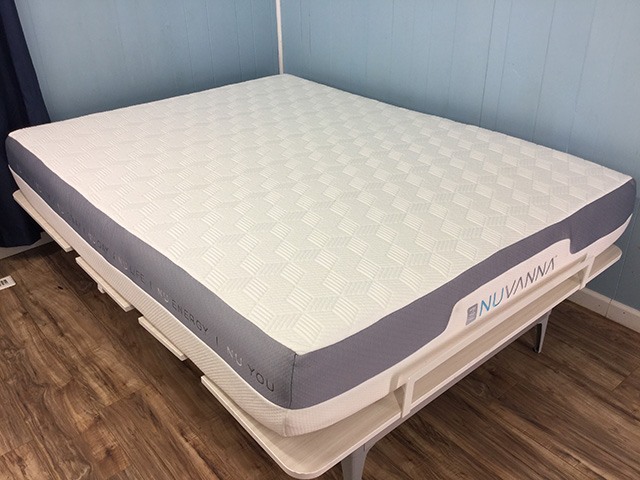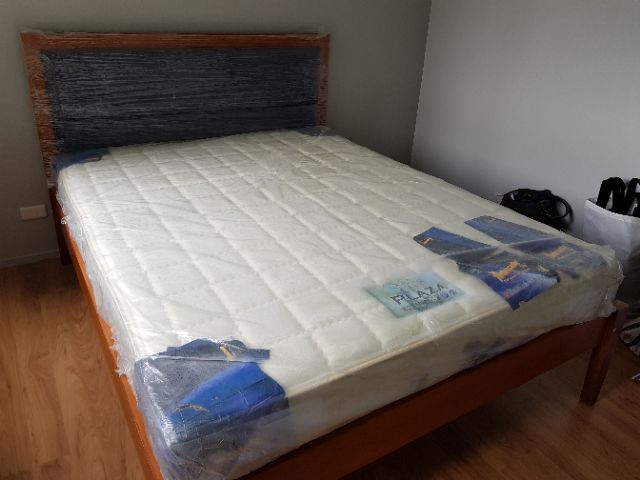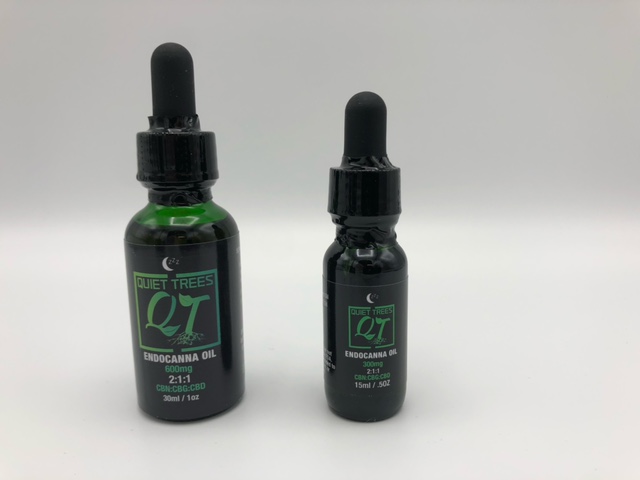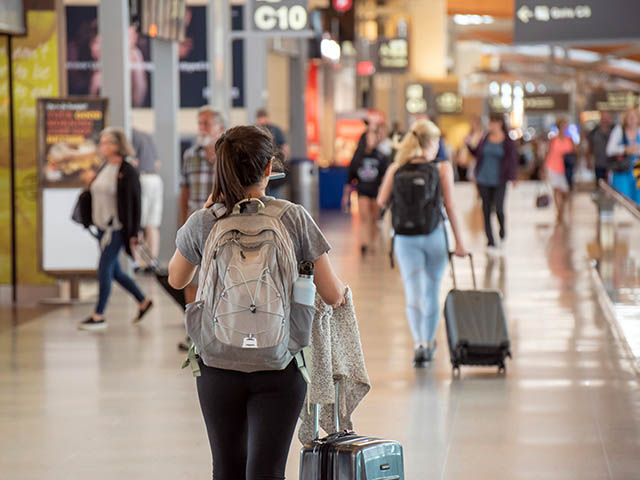Allow’s face it, we all like to rest.
I don’t need to be a bed mattress salesman and also tell you one-third of your life is spent resting.
Below are 5 subjects that athletes should take into consideration when it involves sleep. Non-athletes will gain from this post, too.
- Just How Much to Rest
I’m a company follower you ought to oversleep multiples of 90 minute obstructs to match your Rapid Eye Movement cycles. That is 3 hours, 4.5, 6, 7.5 or 9 hrs. You should never ever have an alarm wake you up in the middle of deep Rapid Eye Movement, or else you will certainly feel dazed throughout the day. Some experience the “webs in the mind” experience.
Why are people informed to sleep 8 hours a night? I recognize, it’s nice very easy estimation of 8 hours work, 8 hrs sleep, and also 8 hrs remaining. Practicing meditation or reviewing for half an hour before bed makes good sense as that makes 0.5 + 7.5 = 8 hours or precisely 5 Rapid Eye Movement cycles Individuals who rest 8 or 8.5 hrs are normally the ones who “can not awaken” or “really feeling tired all the time”.
For me, my criterion is generally 6 hours, often 7.5 on a weekend when I oversleep, and rarely it’s just 4.5 hours when I keep up late.
The method is exactly how to be “sharp” sufficient in your sleep to be able to have the “awareness” to get up.
It takes a little method, as well as experimentation, but all you have to do is compute how much time it considers you to drop rest and do the mathematics. Meditation assists! Perhaps it may be better to sleep at the same time every night as soon as you get your rhythm developed.
If you have a difficult time awakening, attempt great old caffeine or even better try Phenylalanines as well as Tyrosine yet enjoy the sugar consumption on some of these beverages.

- How Much Time to Nap
Based on the above, it’s evident that my naps are 90 minutes long, offer or take a couple of mins each means. I have actually heard 15 or 20 min snoozes are the means to go, on the couch and NOT in your bed, yet that’s all a matter of choice. I have not a problem getting under the sheets.
In European nations with summer season temperatures over 35C or 100F, it’s normal to take a nap after a large lunch in between 2 as well as 5 pm. Siesta any person?
- When to Wake Up for a 8am Event
Sometimes you have a 8 or 9 am competitors, or earlier. Therefore I feel you need 4 hrs to “wake up” for speed and also power events. To ensure that indicates a 5 am wake up phone call, just for the sake of awakening. Stand up, obtain a coffee, see TELEVISION in the hotel area, whatever. Simply remain awake.
For runner, it’s a different story, as they do not have the high intensity neural needs of a sprinter.
This is why “prime-time show” (i.e. in between 8 as well as 11pm) is ideal for the Track and Area sprints … both for the TELEVISION audience as well as neuro-physiologically.
- Rest Deprivation from Late nights or early wake-ups
I believe you can go 1 day on less sleep than regular, and still be useful both psychologically and physically. Stretch that 2 or 3 days at you might remain in difficulty. (Trainees, are you reading this?).
So if you have a 7am marathon beginning, and also need to catch the 4 am shuttle, do not worry as well as simply get up at 2:30 or 3am. Simply see to it you do not get up in a deep rest (see over … get 4.5, 6, 7.5 or 9 hours of rest). One evening of much less sleep will not make a distinction, unless you think it will, and then it will.
In the future, much less sleep for one single night it will not matter. Yet abuse it, as well as you may wind up getting sick with a weakened body immune system, among other things. Check out this special info to learn more about mattresses.
- Effects of Speedwork and CNS.
This topic rarely lets recorded, yet CNS (main nerve system) overload resembles being hung-over from alcohol without alcohol consumption alcohol. This can take place when you do too much speedwork or a high quantity of high intensity Olympic raises and even plyometrics.
I noticed that after an intensive speed exercise, or perhaps a lifting session with power cleans up as well as dead lifts, I get the “agitated leg disorder” along with not having the ability to sleep that evening. So watch out for this phenomenon and attempt to adjust your sleep patterns around it.
Certainly, the best method is to prevent CNS overload or overtraining in the first place.





